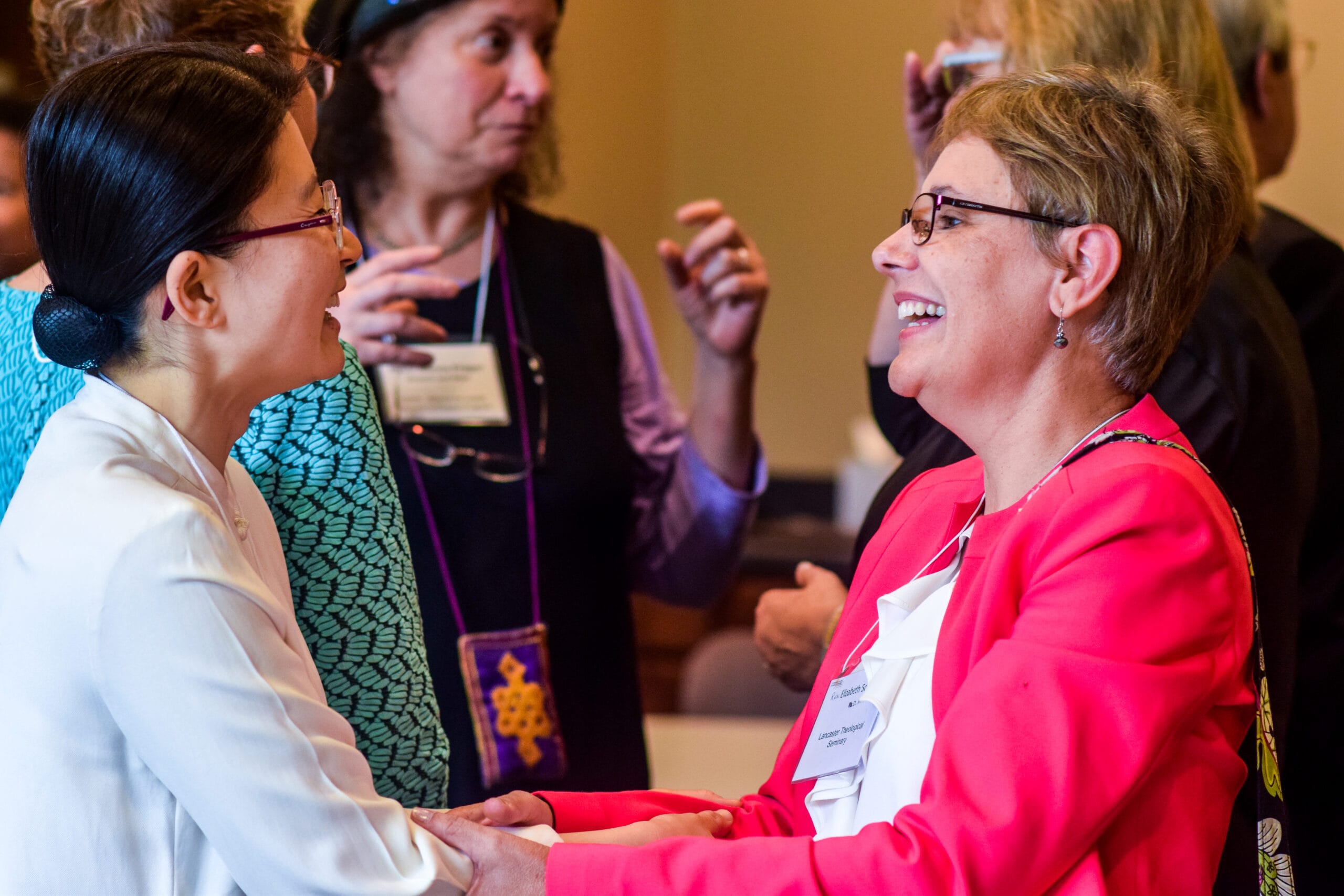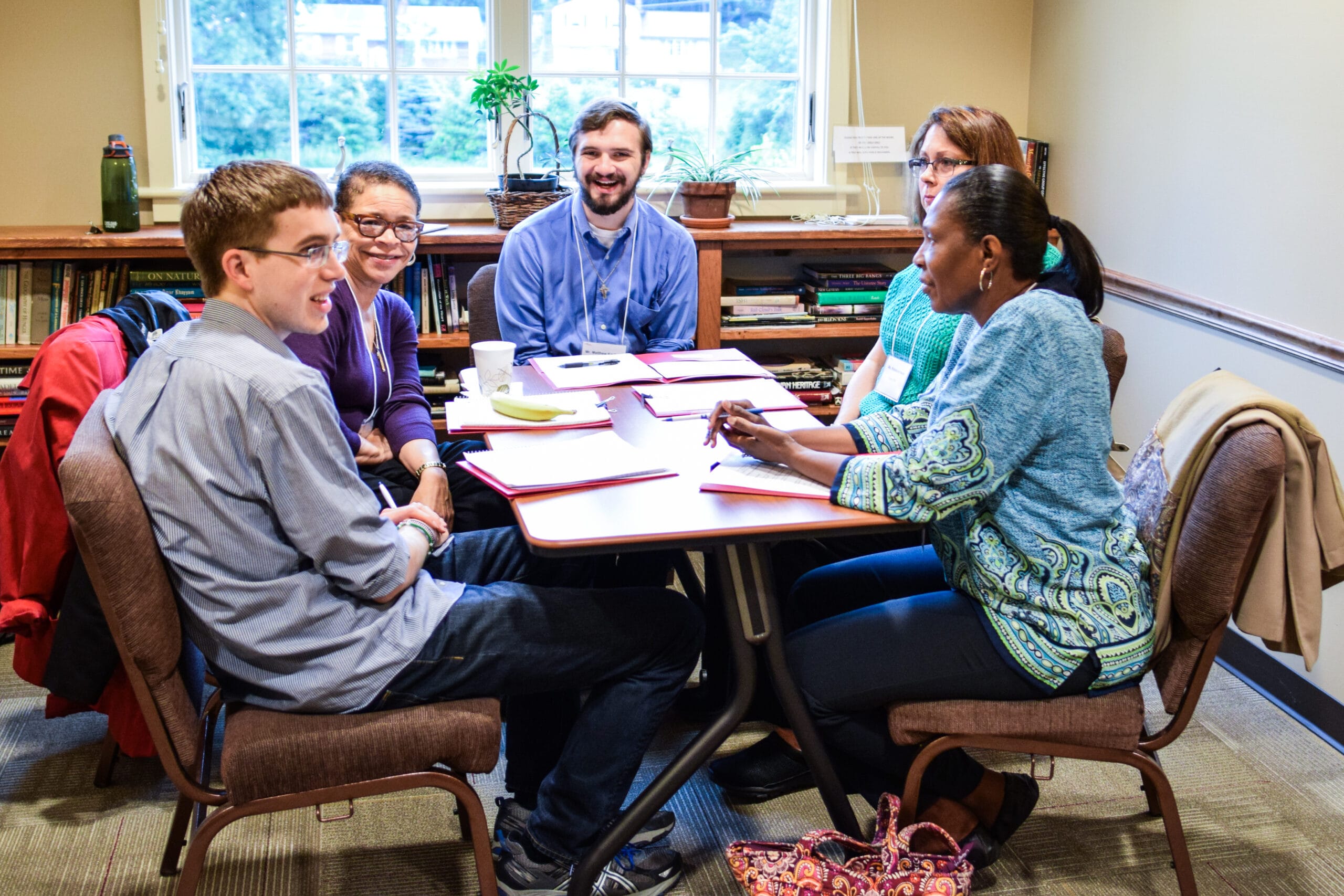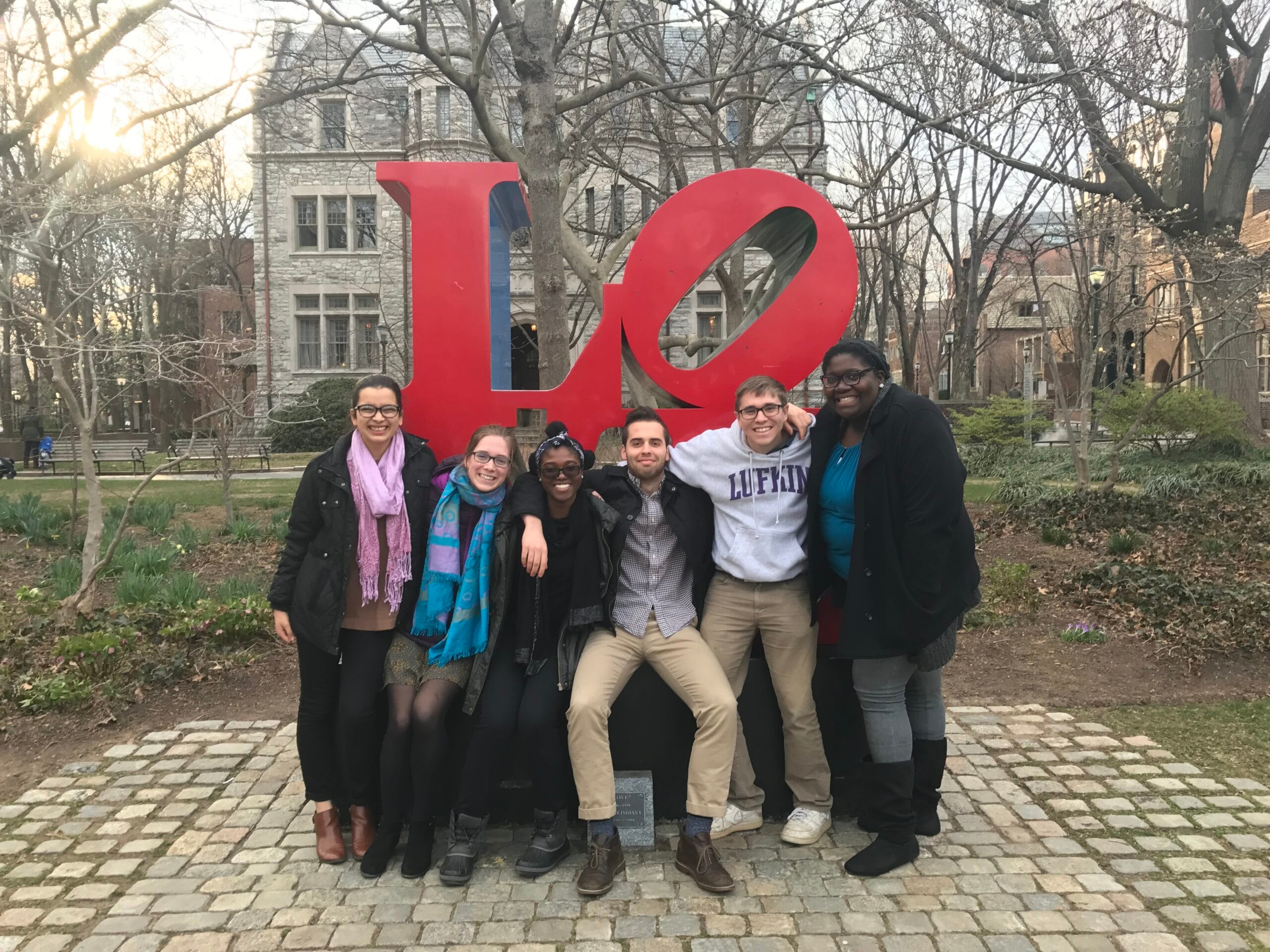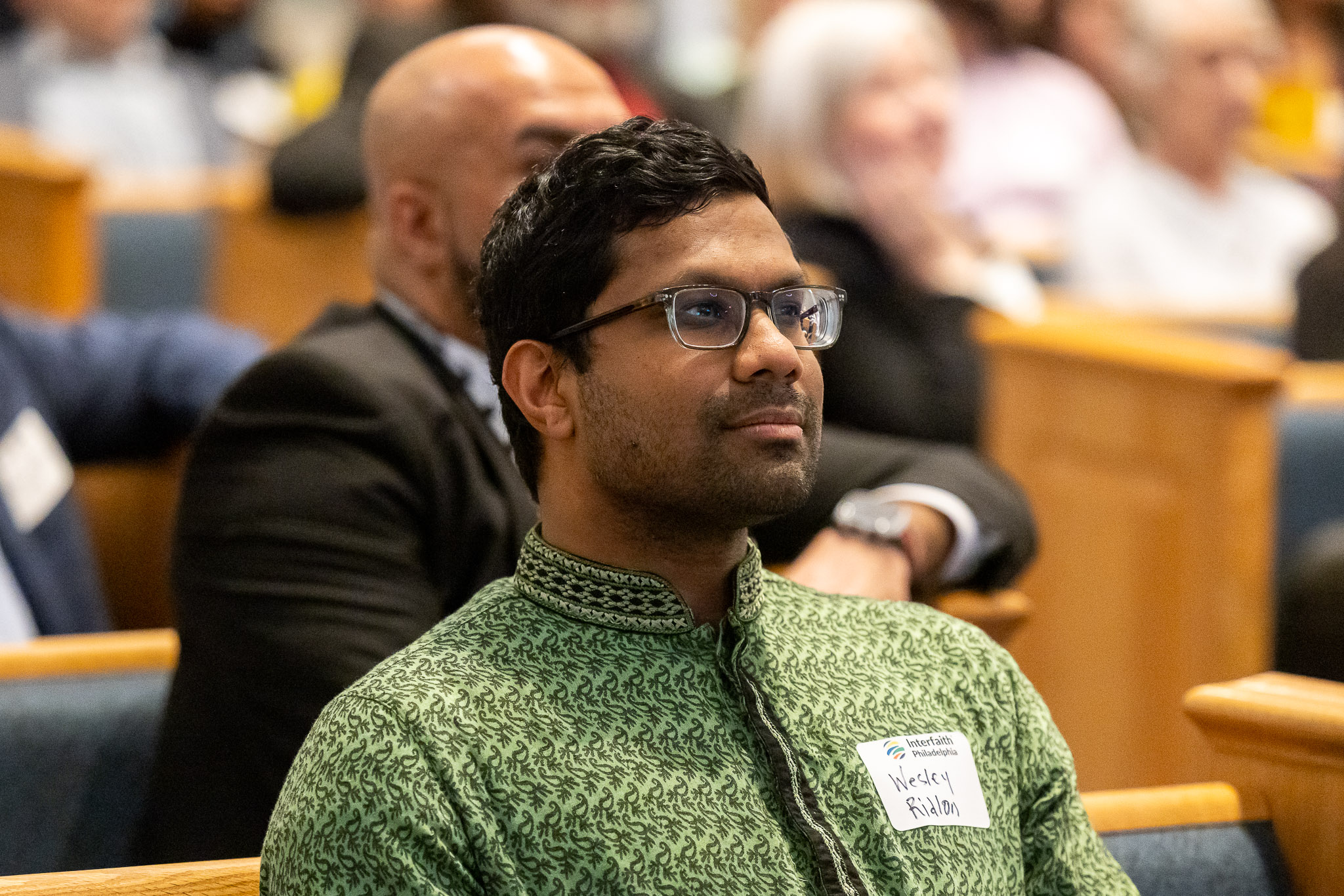About Interfaith Philadelphia
Christian, Muslim, Baháʼí, Jewish, Buddhist, and beyond, Interfaith Philadelphia is led by a diverse team and Board of Directors from various religious, ethnic, and racial communities. Our leaders draw on their experience in interfaith relations and diversity work across civic, governmental, community, and educational settings to advance our mission.
Our holistic approach engages the head, heart, and hands through teaching, dialogue, and service. Through our signature programs (Youth Initiatives, Leadership Institute, and Religious Networks) we aim to create communities of hope and reconciliation in workplaces, schools, and neighborhoods. We unite religious leaders, congregants, and youth to learn to value and respect the “other” while strengthening their own religious identities.
We work strategically across workplaces, congregations, schools, and neighborhoods, based on the social-ecological model. We believe change requires impacting multiple levels of influence. We define social change as increased harmony, focusing on changing attitudes and increasing knowledge at the individual level, building bridges at the community level, and creating a new public narrative at the societal level.
Our Mission


Our Vision
Dare To Understand

